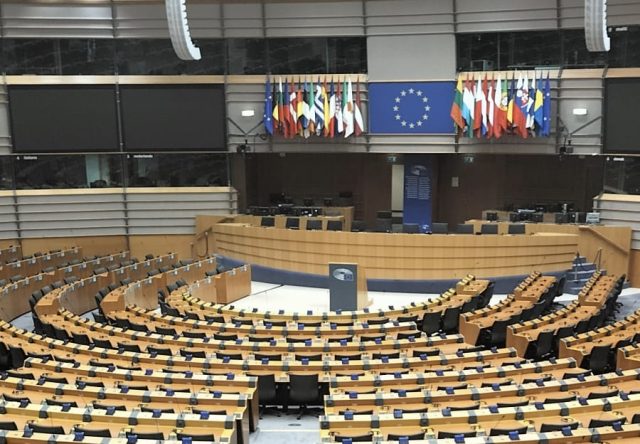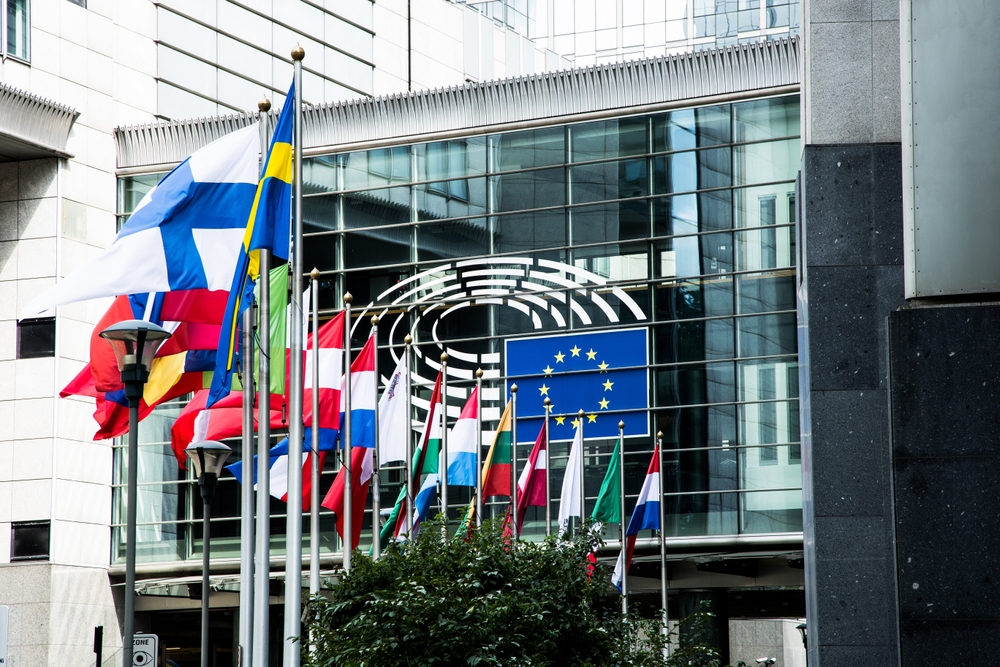
More than 370 million Europeans from the 27 EU countries are expected to vote on the 6th-9th of June to elect their representatives to the new European Parliament. It is well known that the European Parliament is one of the three main institutions of the European Union, alongside the Council and the European Commission. Together with the governments of the Member States, the European Parliament decides on key EU policies and the EU budget. In the next term 2024-2029, the European legislature will have 720 members, 15 more than in the current legislature. Beyond the lofty task of representation, the MEP’s position also comes with a number of significant financial benefits. At a glance at the wealth statements of the Romanian MEPs, each of the 33 Romanian representatives has received, in one year, about 150,000 to 160,000 euros, money representing allowances and per diems. On the 29th of February 2024, 18,940,834 voters were registered in Romania’s electoral register, about 700,000 more than the number of voters on the permanent lists in 2019, at the last European elections. Of the total 18.9 million Romanians, some 950,000 live and work abroad, according to figures recently released by the Romanian Permanent Electoral Authority.
The European Parliament is one of the Union’s main institutions, responsible for the laws governing common European policies and the European Union market. In the next mandate, key policies identified by EU leaders as priorities are the transition to zero greenhouse gas emissions by 2050, an industrial policy to keep the EU competitive with China and the US, the creation of an energy union – leading to lower energy prices and stable supply – and a capital markets union – helping to mobilise private money, and boosting the EU’s defence capabilities.
Romania received three times more money than it contributed to the EU budget
Together with the governments of the member countries, the European Parliament will decide the European Union bloc’s future budget for 2028-2034. While for the current funding cycle this budget is €1.1bn, it will almost certainly increase in the next period, given the eastward enlargement – with the inclusion of Ukraine and the Republic of Moldova, as well as the countries of the Western Balkans. For some EU countries, including Romania, the net financial balance between the contribution to the EU budget and the allocation from it is positive. According to official data published by the Romanian Ministry of Finance, Romania has contributed €30 billion in the 14 years since accession, and the amount that “came back” was €95 billion.

Not to be overlooked is the role of the European Parliament in appointing members of the Commission. Although not formalised in the EU treaty, the composition of the future legislature will also influence that of the Commission, as it is customary for the head of the Commission to come from the political group that wins the most seats in the new Parliament at the elections. With 33 seats in the European Parliament, Romania has the sixth largest number of MEPs. The most seats held by a member state are 96 (Germany) and the fewest 6 (Cyprus, Luxembourg and Malta).
The number of MEPs in the European Parliament increases
European law allows a maximum of 750 MEPs plus the President, but the total number of seats and the number of seats allocated to each country are decided before each European election. In September 2023, the European Parliament approved the Council’s decision to increase the number of seats from 705 to 720 for 2024-2029. The distribution of seats is based on the size of the population of the Member States and the need to ensure a minimum level of representation for small countries, based on the principle of “degressive proportionality” enshrined in the Treaty on European Union. This states that while smaller countries have fewer MEPs than larger countries, the latter represent more voters. The 15 extra MEPs will be allocated to 12 countries for the next term: France, Spain, the Netherlands – two each, and Poland, Belgium, Austria, Denmark, Finland, Slovakia, Ireland, Slovenia and Latvia – one each. The 720 MEPs will be generously paid for their jobs and to be able to carry out their representative duties, and they will have a number of financial benefits, including a pension.
How much does an MEP earn and what are the benefits?
All MEPs receive the same salary, which is set at 38.5% of the basic salary of a judge at the Court of Justice of the European Union, as laid down in their Statute. This salary was, on the 1st of July 2023, €10,075.18 gross and €7,853.89 net, after deduction of EU taxes, but may vary depending on the tax system in each Member State. MEPs also receive allowances. The general expenditure allowance is around €5,000 per month, from which MEPs can cover the cost of renting and equipping premises used for work (IT equipment, telephone subscriptions, etc.) for parliamentary offices, both at home and abroad. They also receive a subsistence allowance or daily subsistence allowance of €350 per day, which covers the cost of accommodation and meals for each day they are on official business at the European Parliament. At the same time, MEPs are reimbursed, on the basis of invoices, for travel expenses to various official meetings. The ceilings are set at business class level for air tickets and first class by train, and €0.58/km for car travel up to 1000 kilometres. MEPs who, without adequate justification, attend less than half of the plenary sittings in a year receive only half of the allowance, and the daily allowance is halved if they do not attend at least half of the roll-call votes in plenary. The daily allowance is also halved for sittings outside the EU. In addition to these amounts, MEPs are also allocated money to pay their staff in their offices, with a monthly allowance for this purpose. In July 2023, this amounted to around €29,000. However, according to the statute, they are prohibited from employing relatives in these positions. Another facility is the reimbursement of two-thirds of medical expenses.
Under the Statute, MEPs also receive a transitional allowance at the end of their term of office and, on reaching the age of 63, a special pension, which is 3.5% of salary for each full year in office and one-twelfth of salary for each additional full month, but may not exceed 70% of the total. According to their wealth declarations, Romanian MEPs declared around €150,000-160,000 in salary and allowances each year during their last mandate.
The next parliamentary term will be the 10th in the European Parliament. Since 1979, when Europeans first directly elected their representatives to the EU legislature, voter turnout has steadily declined until 2014, when it reached an all-time low of 42%. Compared to this, the last European elections in 2019 saw a significant increase in turnout to 50.6%. And recent polls show a further increase in turnout this year. And in Romania, where the European elections will take place at the same time as those for the election of representatives in local and county administrations, polls indicate that the voter turnout is over 50%. There are, however, countries in the European Union where voting is compulsory: Belgium, Bulgaria, Greece and Luxembourg.



 Subscribe
Subscribe